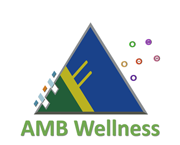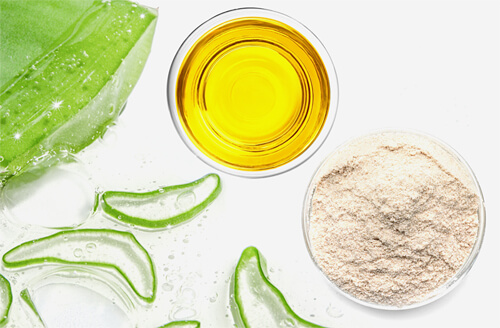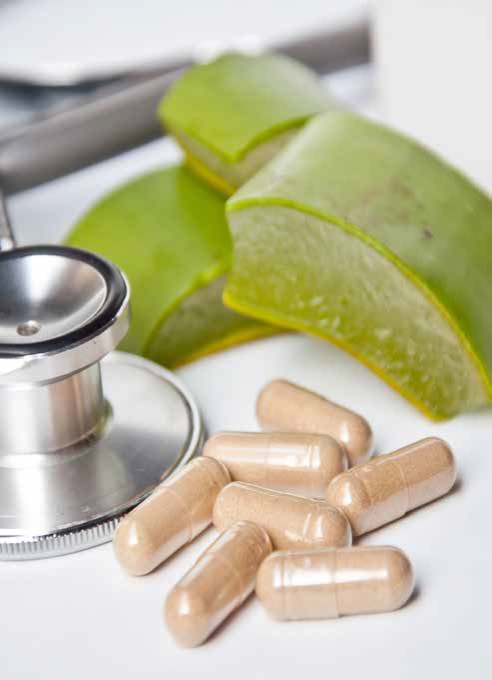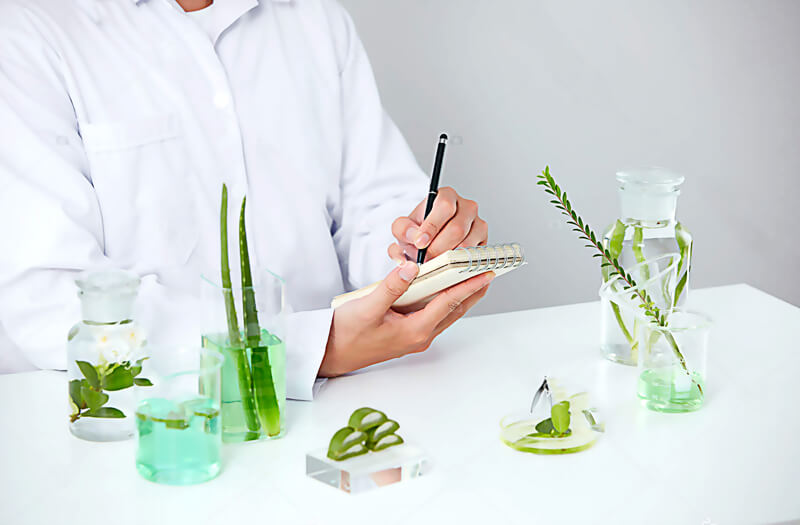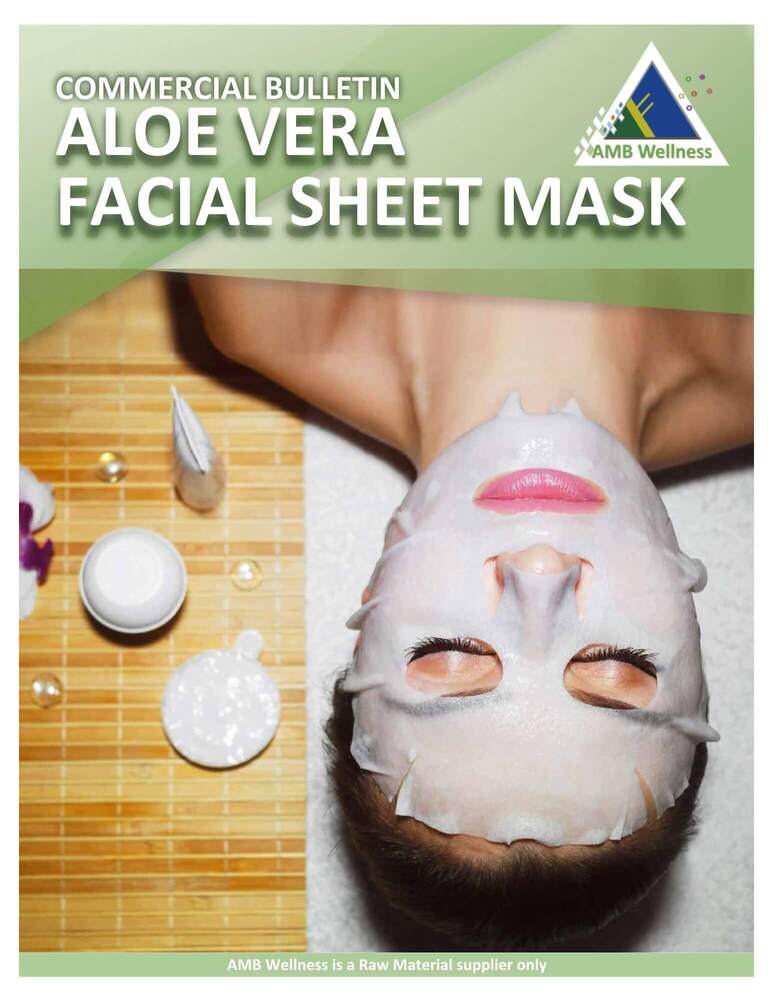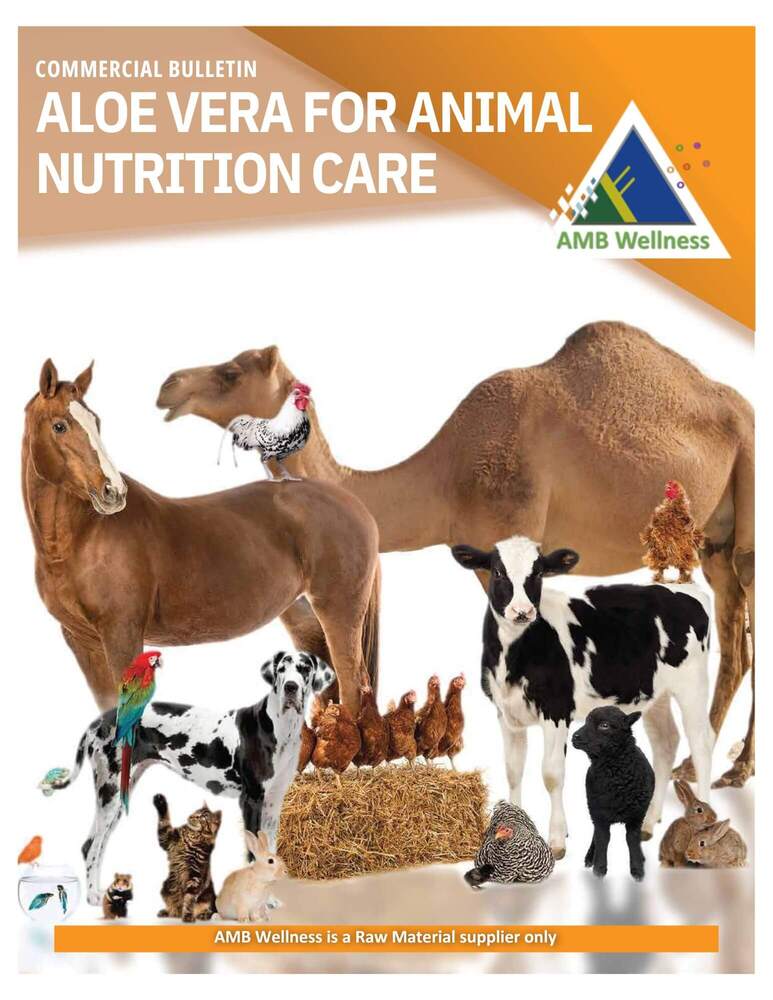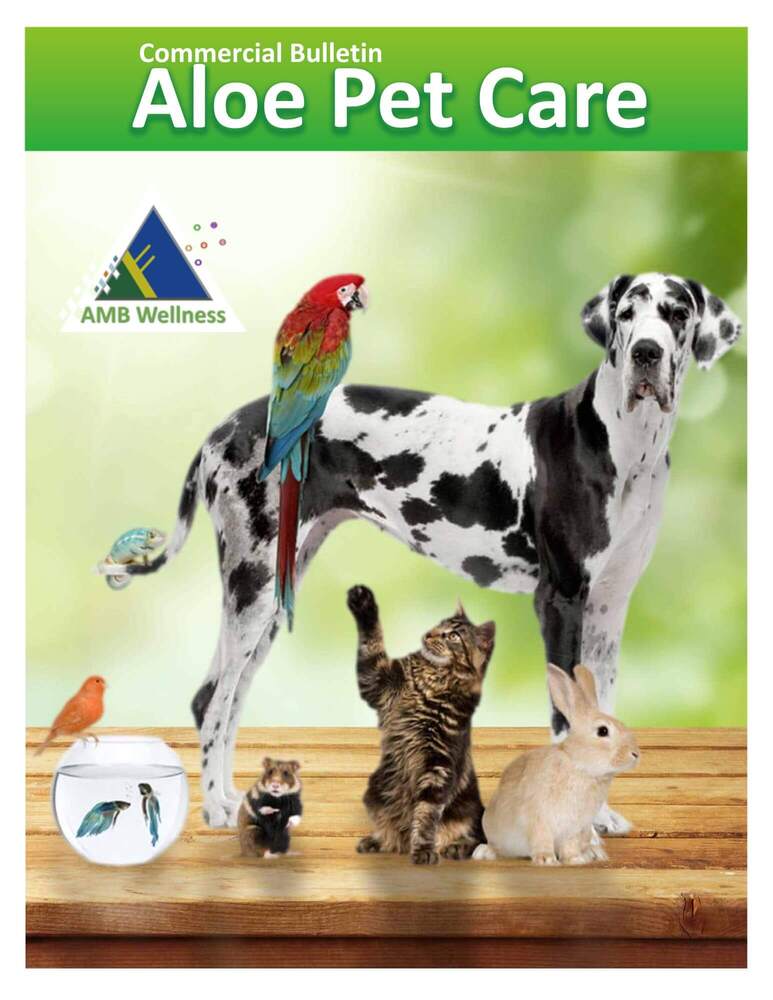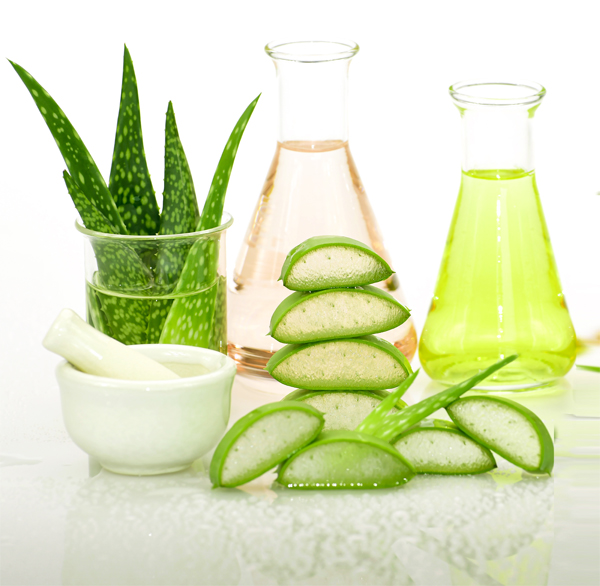Author Rachana Sharma
Drug delivery, Controlled drug delivery, Nanotechnology, Increasing interest in this area has been focused on controlled drug delivery using biocompatible polymers as carriers in recent years and aloe gel is an example of such category. Its ease of extraction and processing has made it possible to be used as nano drug carrier. Aloe gel has been reported to be used in successful and controlled delivery of Aspirin and Vitamin C. It has bright future in drug delivery because of its abundance and varieties available throughout the world. The aim of the present work is to evaluate the importance, effectiveness, and future prospect of a medicinal aromatic plant aloe vera in the field of nano drug delivery, traditional use of excipients in drug formulations was to act as inert vehicles to provide necessary weight, consistency and volume for the correct administration of the active ingredient, but in modern pharmaceutical dosage forms they often fulfill multi-functional roles such as modifying release, improvement of the stability and bioavailability of the active ingredient, enhancement of patient acceptability and ensure ease of manufacture. New and improved excipients continue to be developed to meet the needs of advanced drug delivery systems .These excipients or drug carriers may be in the form of biopolymers such as polysaccharides, proteins, lipids etc. which may be of plant origin or animal origin (for eg. Alginates, Chitosan, Pullulan ,Aloe gel etc.) or some synthetic biodegradable polymers. In current work the emphasis is given on the structure, properties and uses of aloe vera as nano drug carrier in modern and herbal nanotechnology,
